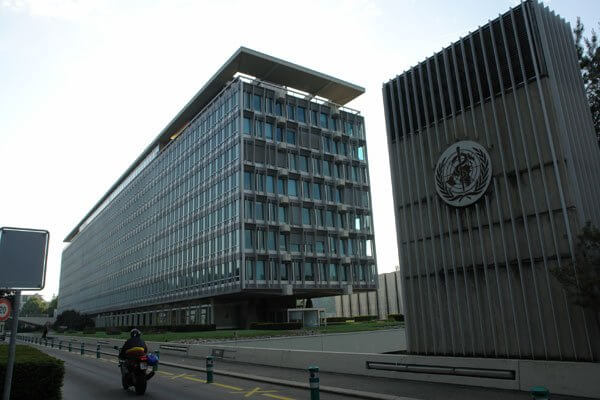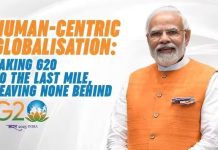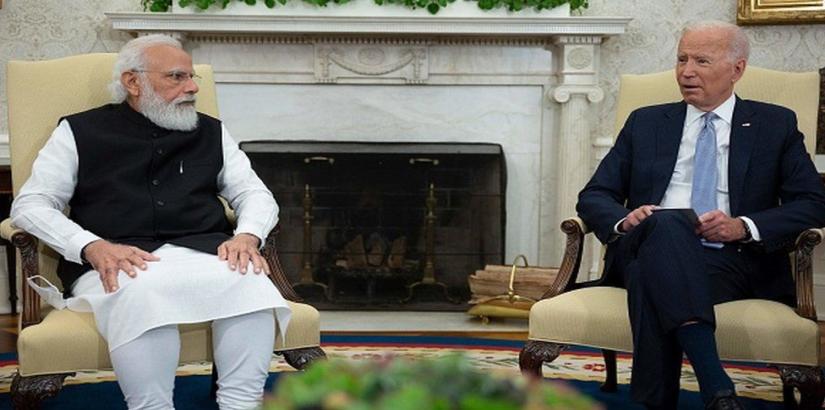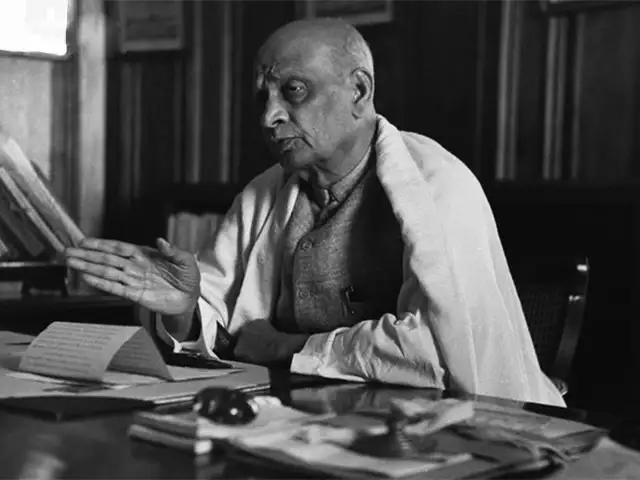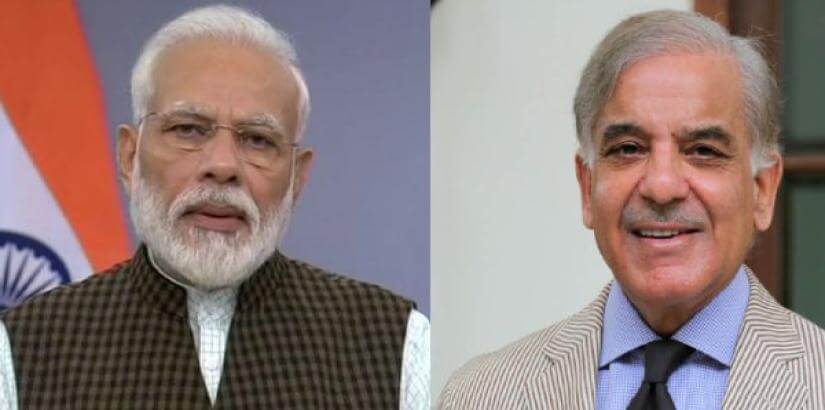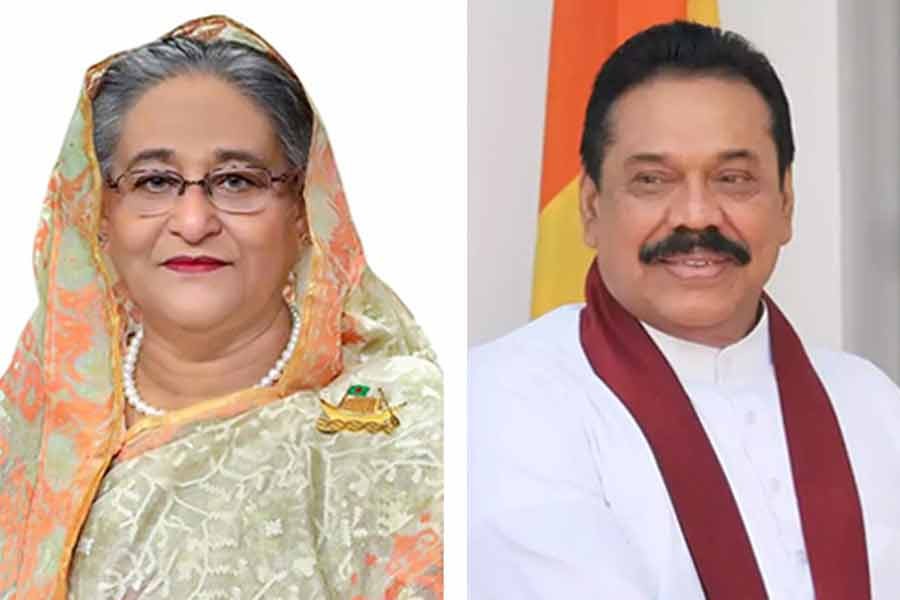Ram Krishna Sinha
The scope of many reforms we need in the United Nations Security Council (UNSC) and Bretton-Woods Institutions (World Bank and the International Monetary Fund IMF) should now be enlarged to include relocation of the headquarters of the UN agencies to different, more deserving, parts of the world, instead of their locational concentration in the US and the west.
This relocation should start with the World Health Organization (WHO), presently very much in the news for good, and also for not so good reasons.
There is, arguably, a very strong case for the WHO headquarters to be shifted to India. The reasons, which make India an eminently eligible candidate for the purpose, are varied-historical, medical, economic, cultural, geographical, political and geo-political.
India’s medical heritage, has been blessed with glorious achievements not only in medicine and surgery but also in development of codes on medical ethics since the days of Caraka (one of the pioneers of ayurveda, the ancient Indian system of herb-based medicines) and Susruta (circa 600 BC). Susruta was a famous physician of ancient India and the main author of Sushruta Samhita, which is historically significant as it dealt with chapters on surgical training and instruments, gynecology and obstetrics, etc. Further, its code embodies the criteria for a good teacher and who should study medicine. It also offers counsel on behavior with patients and their relatives. Not to forget, the ancient tradition of yoga, now known as an intangible cultural heritage of humanity, is an enduring and popular practice across the world.
‘Pharmacy of the world’
India is hailed as ‘pharmacy to the world.’ Indian pharma-companies have helped increase availability, accessibility and most importantly affordability of medicines across the world. It is not only anti-retroviral drugs that Indian generics companies supply at a fraction of the cost charged by western big pharma-companies, they are also the major supplier of anti-malaria and tuberculosis drugs in many parts of the world. Needless to add, these cost much less than drugs supplied by US and European drug majors.
India is fast emerging as the most favored destination for medical tourism. Advantages of medical treatment in India include reduced costs, quality of care, range of services, ease of travel and availability of latest medical technologies. Easing of visa norms for medical reasons had earlier witnessed arrivals of people from Gulf countries and lately, citizens of Bangladesh, Afghanistan, the Maldives, Republic of Korea and Nigeria, and parts of Africa are also availing medical visas in great numbers.
English is an official language and is widely spoken by most people and almost universally by medical professionals. A large number of doctors are trained in western countries, including the US and UK, and the health personnel are English-speaking, the foreigners face little language barrier in India. A host of medical tourism companies are also facilitating foreigners, especially patients from Arabic, Russian and Bangla-speaking countries. The WHO will be served well in this conducive cultural ecosystem.
India’s geographical location is equally suitable for the purpose. A nation inhabited by one-sixth of the world population, and well connected through land, air and sea. It is thus a beacon of hope for the people across the world in general and Africa, Middle East and people from less developed economies, in particular.
India’s prudent and empathetic leadership role in battling COVID-19, evidenced through timely interventions, optimizing medical resources and expertise, enlisting people’s participation, has been laudable in the present crisis. Its inclination in helping the world battle the pandemic has also been well recognized and appreciated.
Case for relocation
However, the WHO’s base here may help ignite a renewed sense of mission and urgency in health for the government not only in India but that of its South Asian neighbors as well, and help them significantly upgrade their health infrastructure to international health benchmarks. India’s multi-party democratic credentials contribute to healthcare by bringing social failures into public scrutiny. Democratic participation and public communication lift the veil of secrecy in bureaucracy and help develop trust in public health data reporting.
The recent spat between the US and China on the role of the WHO and its alleged bias or partisan attitude towards China over reported suppression of vital medical data on the outbreak of the pandemic may make our case for relocation amenable to the US and the West.
As it is, the changed global order, which will witness further rebalancing after the pandemic, and also with India taking up the mantle of the WHO’s Executive Board (India’s Health Minister Dr Harsh Vardhan, has taken charge as the chairman of the 34-member WHO Executive Board at its 147th session) may make the suggestion for relocation more contextual, appropriate and opportune.
Pushing a new agenda for the WHO’s relocation from Geneva to India would make immense sense.

